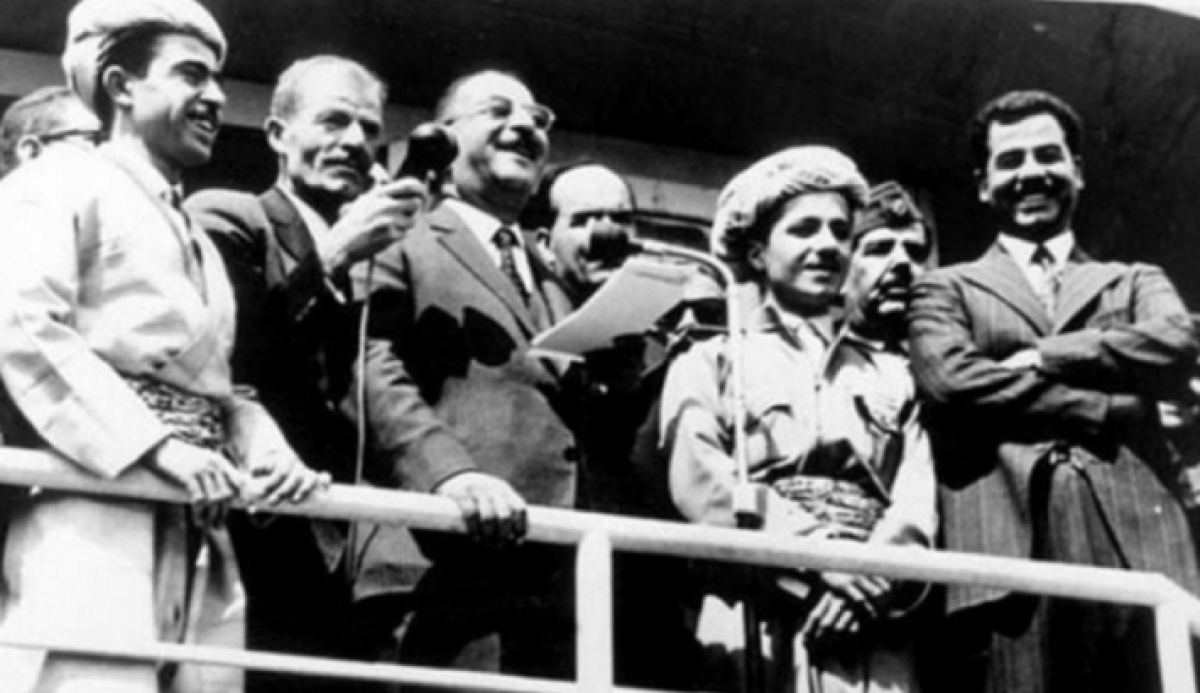The Long Road to Kurdish Autonomy: Reflecting on the 54th Anniversary of the 1970 Agreement with Baghdad

The Kurdistan Region marks the 54th anniversary of the 1970 agreement with Baghdad, a pivotal moment in the Kurdish struggle for recognition and autonomy within Iraq. This agreement, born out of years of armed conflict and political negotiation, represented a significant milestone in the quest for Kurdish self-rule. However, its eventual failure to be fully implemented underscores the complexities and challenges inherent in the Kurdish struggle for freedom and recognition.
Background: The roots of the Kurdish struggle for autonomy trace back to the consistent suppression of Kurdish national and cultural rights by the Iraqi government. Beginning in September 1961, Kurds from all walks of life united behind the noble cause of fighting against oppression and for the recognition of their fundamental rights. This led to the Great Aylul Revolution, a defining moment in Kurdish history, which galvanized Kurdish nationalism and resistance against Baghdad's rule.
The 1970 Agreement: After years of armed conflict and persistent Kurdish resistance, negotiations between the Iraqi government and Kurdish representatives culminated in the declaration of the 1970 agreement. This agreement recognized Kurdish autonomy and granted Kurds some of the key rights they had been fighting for, including the right to self-governance and the use of Kurdish language in education.
Implementation and Betrayal: Despite the promise of the agreement, Baghdad ultimately failed to fully implement its provisions. While Kurds were given ministerial positions in the Iraqi government and allowed to study in Kurdish, the central government reneged on its commitment to enforce Kurdish autonomy. This betrayal by Baghdad led to renewed conflict and military campaigns against ethnic Kurds, highlighting the fragility of agreements made under duress and the persistent challenges faced by the Kurdish people in their struggle for recognition.
Legacy and Continuing Struggle: The failure of the 1970 agreement to bring lasting autonomy to the Kurdish people did not diminish their determination. Instead, it fueled further resistance and eventually led to the popular uprising of 1991, which paved the way for the current Kurdistan Region with its constitutional autonomy and federal status enshrined in the Iraqi constitution. The legacy of the 1970 agreement serves as a reminder of the enduring struggle of the Kurdish people for recognition as a distinct nation with inalienable rights.
As the Kurdistan Region commemorates the 54th anniversary of the 1970 agreement with Baghdad, it is an opportunity to reflect on the long and arduous journey towards Kurdish autonomy. While the agreement represented a significant milestone in the Kurdish struggle for recognition, its eventual failure underscores the challenges and complexities inherent in the pursuit of freedom and self-rule. The legacy of the agreement serves as a testament to the resilience and determination of the Kurdish people in their quest for dignity, equality, and autonomy within Iraq.















